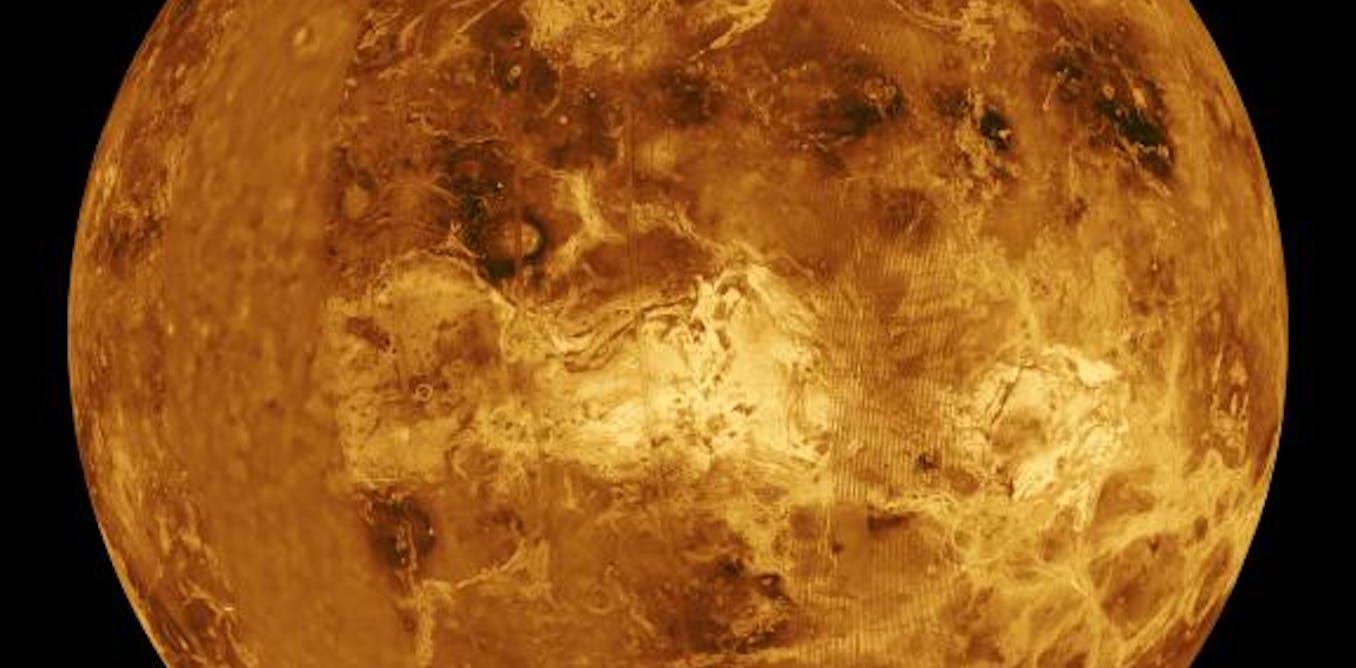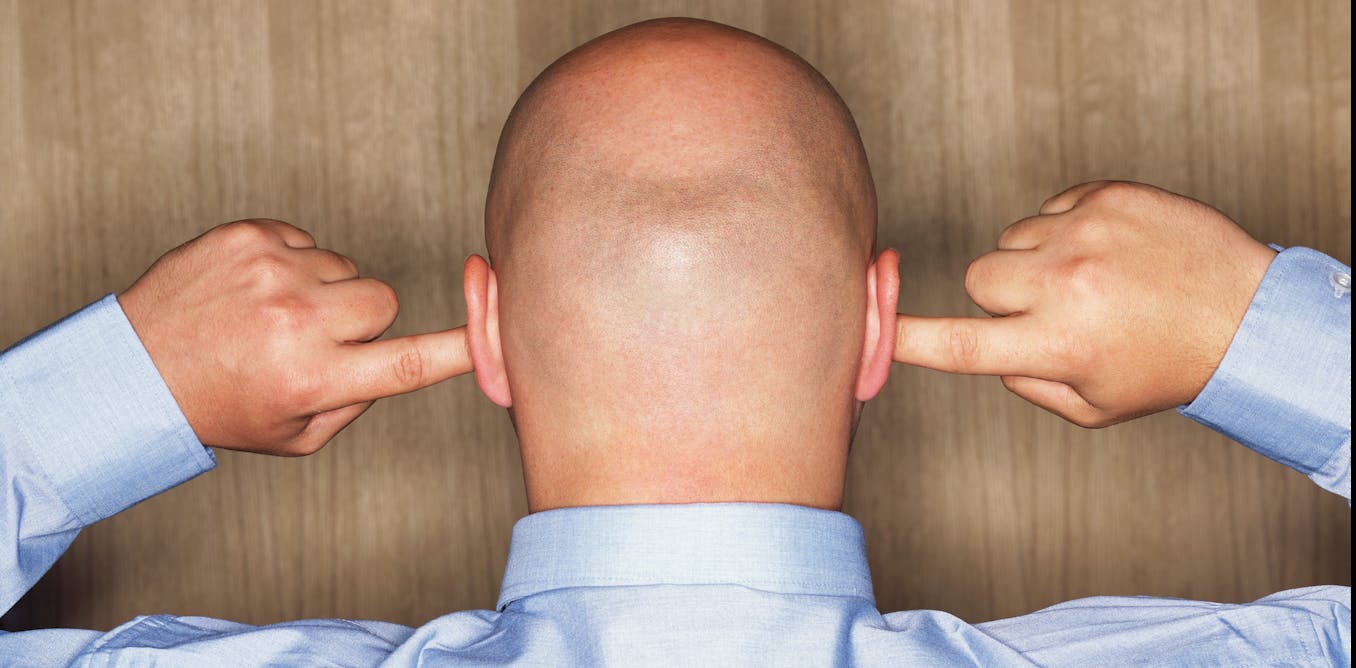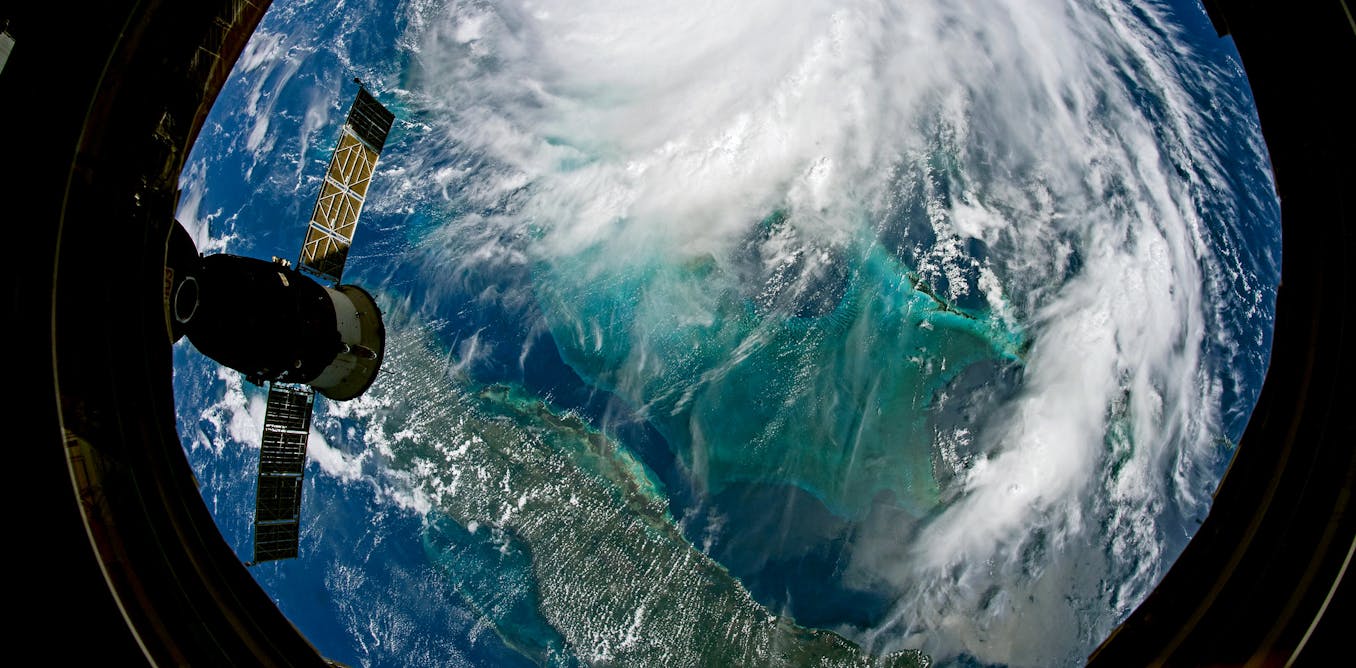Children's eyewitness testimony can be as accurate as adults' or more so – if interviewers follow these guidelines
Human memory doesn’t work like a video camera, simply recording a scene as it happens. But researchers know how to help children recall information accurately.
Sept. 26, 2022 • ~8 min
Cognitive biases and brain biology help explain why facts don’t change minds
Here are some reasons for the natural human tendency to avoid or reject new information that runs counter to what you already know – and some tips on how to do better.
Aug. 11, 2022 • ~8 min
The science everyone needs to know about climate change, in 6 charts
Take a closer look at what’s driving climate change and how scientists know CO2 is involved, in a series of charts examining the evidence in different ways.
Nov. 1, 2021 • ~9 min
Doctors treating trans youth grapple with uncertainty, lack of training
Because little scientific evidence exists for trans medical treatments, doctors are often wary when working with trans people, even if they realize it's in the patients' best interests to do so.
May 11, 2021 • ~11 min
How technology can combat the rising tide of fake science
The internet has allowed pseudoscience to flourish. Artificial intelligence could help steer people away from the bad information.
March 9, 2020 • ~8 min
/
1



